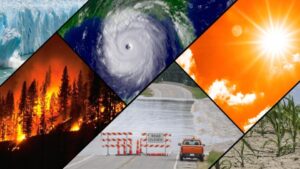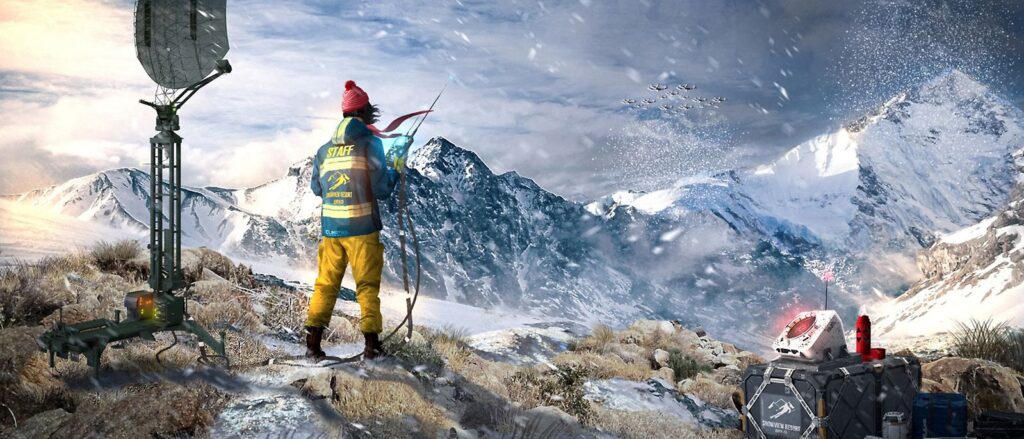
Recent research published in Science Advances and led by Madalina Vlascenu finds that when it comes to climate change, we can’t scare people straight. Stories of gloom and doom focused on the fate of our world don’t inspire people to change their ways and listen to the scientists. Instead, their 59,000-person survey found that it is through emotion that people can most be impacted. They found that asking someone to write a letter to a child’s future self about what we’re doing in 2024 to prepare the world to be a good place in 2055 is going to make 5-10% of people support actions that will slow climate change. That is actually a really impressive number of people in this world where everyone seems dug into their current viewpoints and unwilling to change.
So when I hear my friends are setting up email accounts for their newborns and sending that kiddo letters about their life, I’m now going to ask them to write to that child about what they did to change the world. It’s a small thing, but if enough people care about how large companies and governments behave, maybe we little people can influence global change.
Storytime: Exoplanet Atmospheres Edition
A group of climate scientists have taken the idea that storytelling is more effective than fact-telling in directions I would never have anticipated and that I am totally here for.
Researchers led by Patrick Keys have explored what stories naturally arise from changing where and how water flows through our atmosphere. As they put it, “Humanity is modifying the atmospheric water cycle, via land use, climate change, air pollution, and weather modification.” Over the course of numerous workshops, researchers looked at a variety of science-driven storylines that arose from these changes and identified what kinds of effects these storylines have on people and the economy. Ultimately, they created a variety of well-defined scenarios ready to be told, and then they wrote those stories.
And put them somewhere I still haven’t found, but I’m going to write the authors and keep looking. When I find them, I’ll link to them at EVSN.tv

For now, we’re going to post their scenario descriptions, which read like notes to a GM on how to construct a world. For instance, the scenario “We are as Gods” is set in a world where “scientific advancements in the manipulation of seasonal precipitation for agricultural production” have been made, and the story is set after a “speech by a [fictional] Dr. Kay Rasmusfottir, recipient of the Inaugural AGU Tessendorf Lectureship on Weather Modification, speaks about the history of weather modification, and the dangers it may pose.” As so often happens when researchers write stories to communicate science, the plots aren’t the most dynamic, but they are a whole lot more interesting than reading the research papers. This is a start, and I look forward to seeing what happens when researchers partner with authors to do even better storytelling in what I hope will be the near future.
I leave you with this story prompt: in a world where weather is privatized to the extent that rainfall and cloud cover can be requested if a customer can pay the price, a farming household in Germany must see if they can outbid a neighbor to secure the precipitation that they need for their harvest.
This could be our future, and through storytelling now, we can define just how that future will look.
Get to writing people — let’s give humanity a happier third act.
